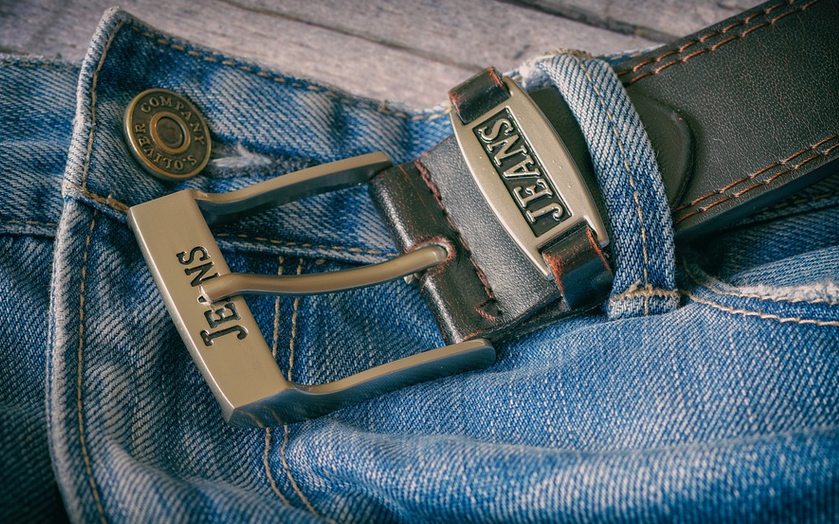White Gloves: A Touch Of Dignity At A Funeral

Beyond the Basics: What They Mean and Why
When we think about funerals, we often picture solemn moments, quiet respect, and whispers of remembrance. One detail that adds a layer of solemnity to these ceremonies is the use of white gloves. White gloves have long been associated with mourning and have become a tradition in many cultures. Beyond their visual appeal, these seemingly simple accessories hold symbolic significance.
The use of white gloves at funerals signifies a desire for respect and reverence. They represent a clean and pure image, a testament to the deceased’s life, and offer comfort to bereaved families during this difficult time. It is a tangible expression of our empathy and acknowledgment of their loss.
A Timeless Tradition: History and Cultural Significance
The practice of wearing white gloves at funerals has its roots in centuries-old traditions. Their use can be traced back to the Roman Empire, where wealthy merchants would often wear them while conducting business deals. In ancient Greece, there was a tradition of offering white gloves as a sign of respect to the deceased.
Across the globe, different cultures have embraced this respectful gesture. In many European countries, it is customary for pallbearers to don white gloves when carrying the casket, adding a layer of dignity and solemnity to the funeral procession. In India, white gloves are often seen in funerals as a symbol of purity and respect.
More Than Just Material: The Symbolism Behind White Gloves
The use of white gloves at funerals transcends mere formality; it carries powerful symbolism. The color white itself signifies purity, innocence, and new beginnings. In many cultures, wearing white is seen as a sign of respect for the deceased.
Beyond its visual appeal, white gloves offer a way to acknowledge grief in a tangible and emotionally resonant manner. They give mourners a chance to take a moment and reflect on the loss they are experiencing. The act of donning those gloves can be a powerful reminder of the solemnity of the occasion.
The Importance of White Gloves: More Than Just an Accessory
In contemporary funerals, white gloves serve as a unifying element that transcends cultural boundaries. They provide a visual cue that resonates with our shared understanding of mourning and respect. It’s a way to symbolically acknowledge the deceased’s life, their spirit, and the sorrow felt by those left behind.
White gloves are not just an accessory but rather a symbol of respect for the deceased. The act itself speaks volumes about the solemnity of the occasion. The gesture serves as a reminder of the importance that surrounds these final moments, offering comfort to those who mourn and reminding everyone present about the significance of the moment.
Beyond the Basic: Variations on White Gloves
There are many variations in how white gloves are used at funerals. Some families choose to have pallbearers wear them throughout the entire ceremony, while others opt for simply adorning their hands during a specific moment like a final goodbye. The choice ultimately comes down to personal preference and tradition.
In certain cultures, there may be more elaborate variations on white gloves. For instance, some traditions call for white gloves to be worn by family members alongside the deceased at the graveside.
The Significance of White Gloves: A Legacy of Respect
The tradition of wearing white gloves at funerals is a testament to our enduring commitment to respect and reverence. It’s a tangible expression of our empathy, acknowledgment of the loss, and respect for the deceased. The use of these white gloves serves as a powerful reminder that death is not an end but a transition into something greater.
As we continue to navigate life’s challenges, traditions like wearing white gloves at funerals offer solace and comfort in moments when words seem inadequate. This timeless gesture speaks volumes about our ability to transcend boundaries of culture and tradition to offer peace and dignity around death.

